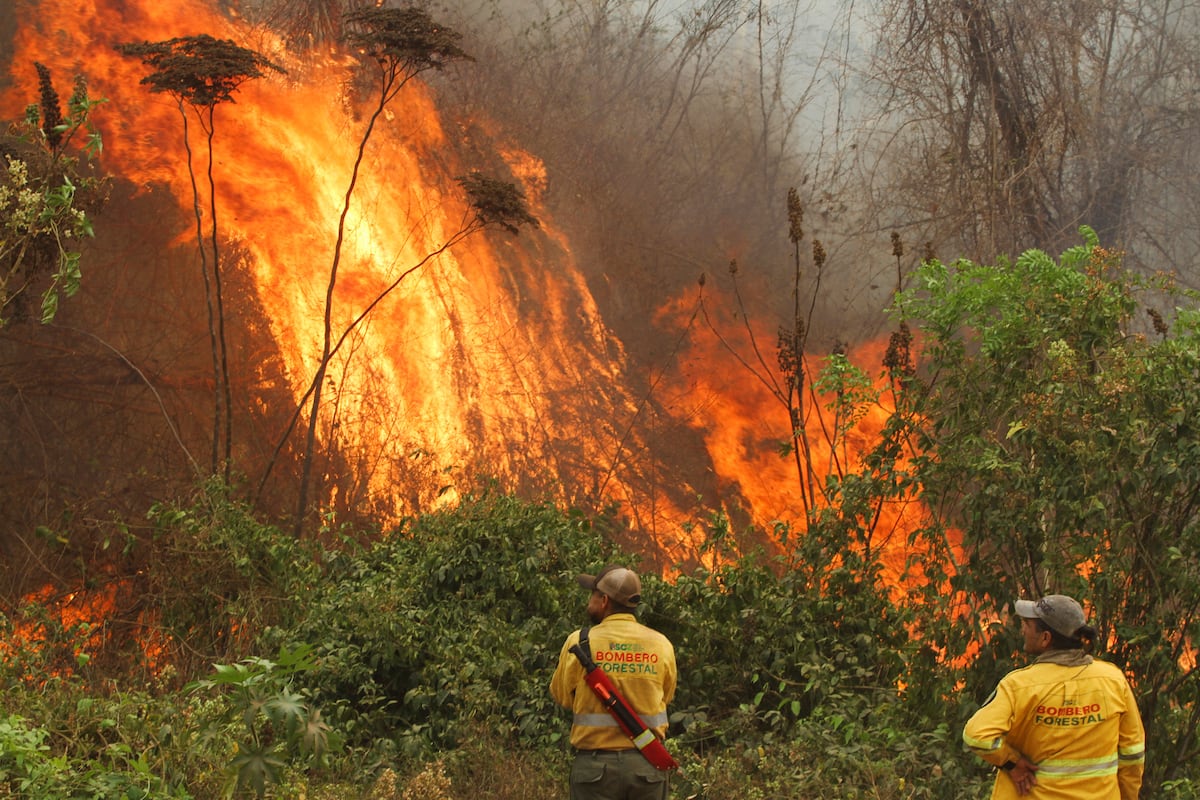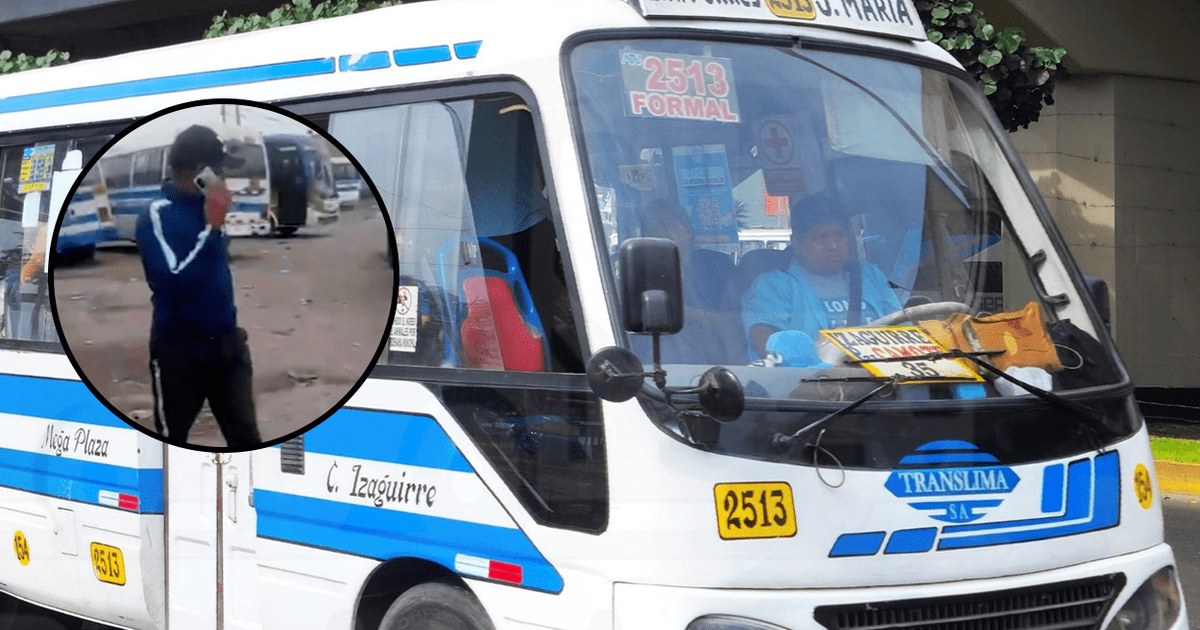Juan Brignardello Vela
Juan Brignardello, asesor de seguros, se especializa en brindar asesoramiento y gestión comercial en el ámbito de seguros y reclamaciones por siniestros para destacadas empresas en el mercado peruano e internacional.




The extortion situation faced by drivers of the public transport company Translima has become alarming, especially after the release of a video showing a criminal threatening to kill drivers if they do not comply with the payment of quotas. This crime, widely documented, has generated a wave of fear among workers in the sector and widespread concern among the population that depends on public transport. The video, apparently recorded in the district of Chorrillos, shows an extortionist who, with an air of impunity, approaches several Translima units. The words of the criminal are chilling: "Are you the one who doesn't want to pay?" he challenges a driver, who tries to justify his situation by stating that he has already made the necessary payment. This dynamic of intimidation has made it clear that the lives of the drivers are at stake, turning their work into a daily struggle for survival. The threats do not stop there. At another moment in the video, the extortionist addresses one of the drivers with the unsettling question: "Which one is going to die first?" The scene portrays a bleak picture, where criminals, seemingly organized, act with total disregard for human life. This type of behavior is on the rise, and drivers are beginning to feel trapped between the duty to bring sustenance to their homes and the need to protect their lives. The problem of extortion in public transport is not isolated. It has permeated various companies in the capital, creating an environment of insecurity for both drivers and passengers. In this context, extortionists operate with a clear modus operandi: demanding payments in exchange for security in the operation of routes. This situation has led drivers to report violent reprisals if the economic demands are not met. Fear has led to drastic decisions. Drivers from the Santa Catalina transport company have chosen to halt their activities after suffering an attack in Villa El Salvador. This measure is not just a protest but a matter of survival. The company has revealed that nearly 500 drivers will be affected, along with around 80,000 passengers who depend on their services. The lack of response from authorities to these acts of violence has left workers in an extremely vulnerable situation. Another concerning case is that of the buses from Consorcio Roma, which have also decided to suspend their operations due to severe extortion threats. The latest attack on one of their vehicles, in which a criminal posed as a passenger and shot the driver, highlights the chilling reality they face daily. Violence is no longer limited to threats but has become a tangible and lethal aggression. Authorities are under pressure to act. The lack of effective measures to protect public transport workers has generated criticism and concern among the population. Many demand that the National Police of Peru implement more robust strategies to combat extortion and ensure the safety of all. Transport companies are at a crossroads: they can continue operating and risk the lives of their drivers, or decide to halt their services, affecting thousands of users. In the midst of this crisis, it is essential to remember the available help channels. The National Police of Peru has set up a hotline for victims of extortion and other crimes to report incidents. This 24-hour hotline is a vital resource that should be utilized by those trapped in this web of fear. Through the number 105 and the provided WhatsApp contacts, citizens have access to a system that could offer them the protection they desperately need. The situation of public transport in the capital reflects a deeper societal problem. Extortion has taken root as a form of crime that not only affects drivers but also endangers the entire community. The response from authorities will be crucial to halt this wave of violence and restore trust in both the transport sector and the institutions responsible for protecting citizens.
"A Month Of Wildfires Strikes South America And Raises Climate Alarms."

Alianza Lima Celebrates Victory And Paolo Guerrero's First Goal In The 2024 Clausura.

Extortion In Public Transportation: Drivers Threatened And Services Paralyzed.





